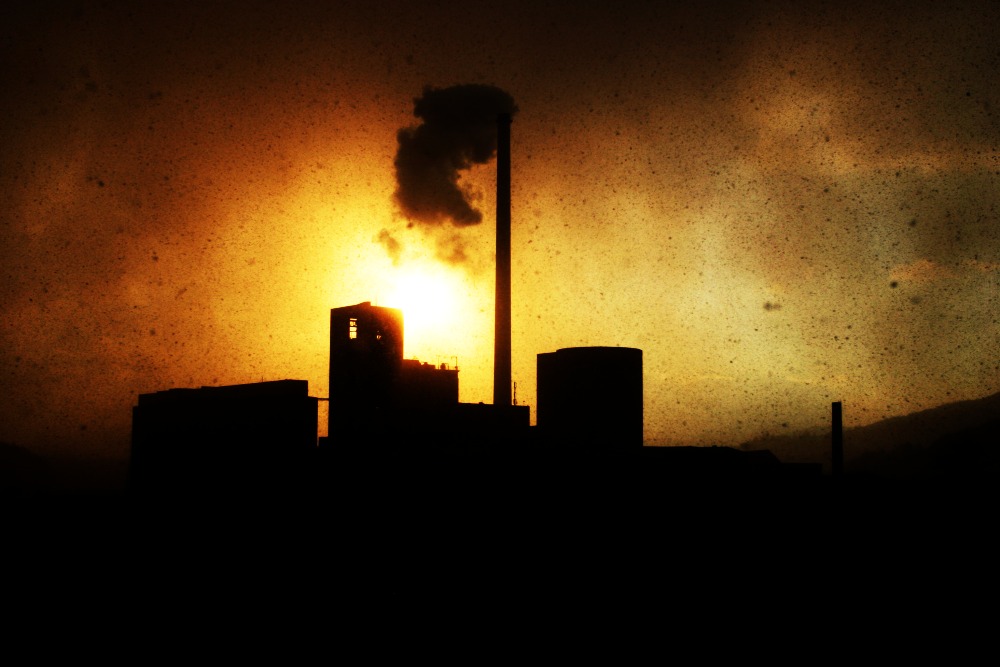 Since 2014, global energy related carbon dioxide emissions have stagnated while the global economy has grown, ushering in the era of “decoupling.” The International Energy Agency (IEA) attributes this phenomenon to increases in renewable energy consumption, shifts from coal to natural gas, enhancements in energy efficiency, as well as structural changes in the global economy.
Since 2014, global energy related carbon dioxide emissions have stagnated while the global economy has grown, ushering in the era of “decoupling.” The International Energy Agency (IEA) attributes this phenomenon to increases in renewable energy consumption, shifts from coal to natural gas, enhancements in energy efficiency, as well as structural changes in the global economy.
The first three of these factors have a clear association to decoupling. For instance, one may expect decoupling of economic growth and emissions, if the share of energy consumption from renewables increases. Similarly, enhancements in energy efficiency should reduce emissions, assuming there is no corresponding increase in energy consumption, which is referred to as the rebound effect (However, colleagues and I have critiqued these assertions; see links above.)
Structural changes in the global economy, also cited by the IEA, are more complex than these other factors contributing to decoupling. What are “structural changes in the global economy”? Have there been changes in how wealth is accumulated? If so, are these changes deliberate? Is growth in the global economy shifting to different nation-states? If so, which ones?
